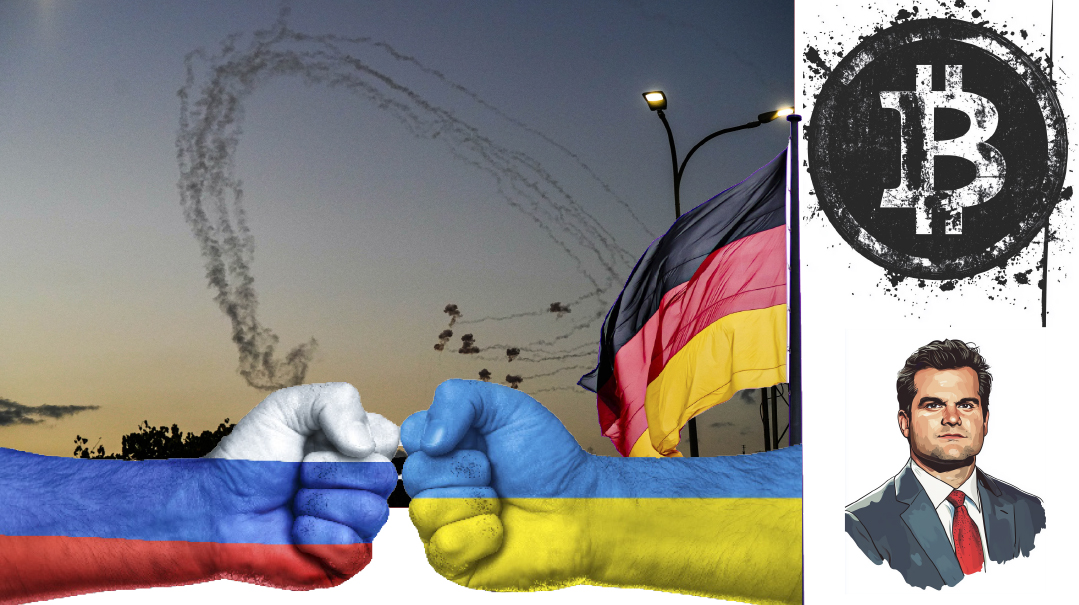Calm After the Storm?

At press time, a potential cease-fire agreement between Israel and Hezbollah was taking shape

Calm after the Storm?
At press time, a potential cease-fire agreement between Israel and Hezbollah was taking shape. Yossi Kuperwasser, a career military officer who once led the research division of the IDF’s Military Intelligence and served as director general of the Ministry of Strategic Affairs, and now a senior manager at the Jerusalem Center for Public Affairs, shared his insights with Mishpacha.
Military Objective
The Litani River boundary is within reach, but Israel’s priority is to secure the strategic high ground overlooking its northern communities.
“We are trying to impose the heaviest cost on Hezbollah to push them toward accepting a new arrangement for Lebanon’s future — one that strips them of their pre-October 6 status and prevents them from redeploying along the border to threaten our security,” Kuperwasser explained. “This should enable northern residents to safely return home.”
Three-Pronged Strategy
- Targeting leadership: “We are striking Hezbollah’s leadership and operators, eliminating as many as possible. This effort has been highly effective.”
- Securing the border: “We’ve launched extensive operations to clear Hezbollah’s positions in Lebanon’s south. We discovered tunnels filled with weapons and facilities, which we have neutralized. Moving forward, Hezbollah will not return to these areas— whether by force or through a diplomatic arrangement, but under Israeli oversight, not UNIFIL or the Lebanese Armed Forces.”
- Cutting off arms supplies: “We are disrupting Hezbollah’s rearmament efforts, carrying out operations in Syria and along its border to block Iranian weapons transfers.”
Short-Term Goals
Kuperwasser emphasized progress in degrading Hezbollah’s capabilities on the border but acknowledged the main objective: enabling northern residents to return.
“The attacks they’d face now are significantly less severe than before October 8,” he noted. “That doesn’t mean there’s no risk, but there are threats in Haifa and Tel Aviv too. The danger posed by Hezbollah’s Radwan forces along the border has been greatly diminished.”
He stressed that resettlement hinges on a robust agreement ensuring the permanent withdrawal of terrorists and the safety of civilians.
A Lasting Cease-Fire?
“An agreement is on the table, but both sides still hope to make it more in line with their interests and for that reason, they're escalating their activity,” Kuperwasser said. “Once an agreement is in place, they’ll have strong incentives to honor it. Any deal must give Israel the right to respond swiftly to threats. If they violate it, we’ll ensure they pay the price.”
Shaking in His Scholz
Germany’s Chancellor Olaf Scholz can finally exhale. His main rival within the Social Democratic Party, Defense Minister Boris Pistorius, has decided not to challenge him for leadership in the upcoming elections. While this is a relief for Scholz, it’s hardly comforting for SPD voters. Pistorius is Germany’s most popular politician, whereas Scholz is the least popular modern chancellor. Scholz will lead the Socialists in the fierce battle to stem rising right-wing momentum in Germany.
Bitcoin’s All-Time High
As of press time, Bitcoin was flirting with the $100,000 mark after a wild ride that saw both tears and cheers among investors. The cryptocurrency has soared 45% since Donald Trump’s election victory on November 5. Many are lamenting missed opportunities to buy in when prices were just a few dollars.
Gaetz Crasher
After former congressman Matt Gaetz withdrew from consideration to become the next US attorney general when it became clear his nomination faced resistance within the GOP, the position fell to former Florida attorney general Pam Bondi. For Trump, Bondi’s unwavering loyalty made her the ideal choice; she defended Trump during his first impeachment in 2019 and consistently supported him through his recent legal challenges.
As AG, Bondi faces the formidable task of defending Trump’s radical agenda in court — a job that will require both resilience and strong allegiance to the president’s directives.
Putin Counts the Days
Donald Trump promised to end the conflict between Russia and Ukraine, but he won’t take office until January 20. Meanwhile, Vladimir Putin seems to be relishing the waning moments of President Biden’s term.
The Russian leader has announced continued combat testing of the Oreshnik hypersonic missile, despite international outcry. With a range of 3,000 to 5,500 kilometers (1,860 to 3,415 miles), these missiles can strike anywhere in Europe or the western United States.
Ukrainian president Volodymyr Zelensky has condemned this, declaring, “When someone uses other countries for terror and missile testing, it’s a clear international crime.”
With Trump’s inauguration still weeks away, Eastern Europe braces for a volatile December.
(Originally featured in Mishpacha, Issue 1038)
Oops! We could not locate your form.







